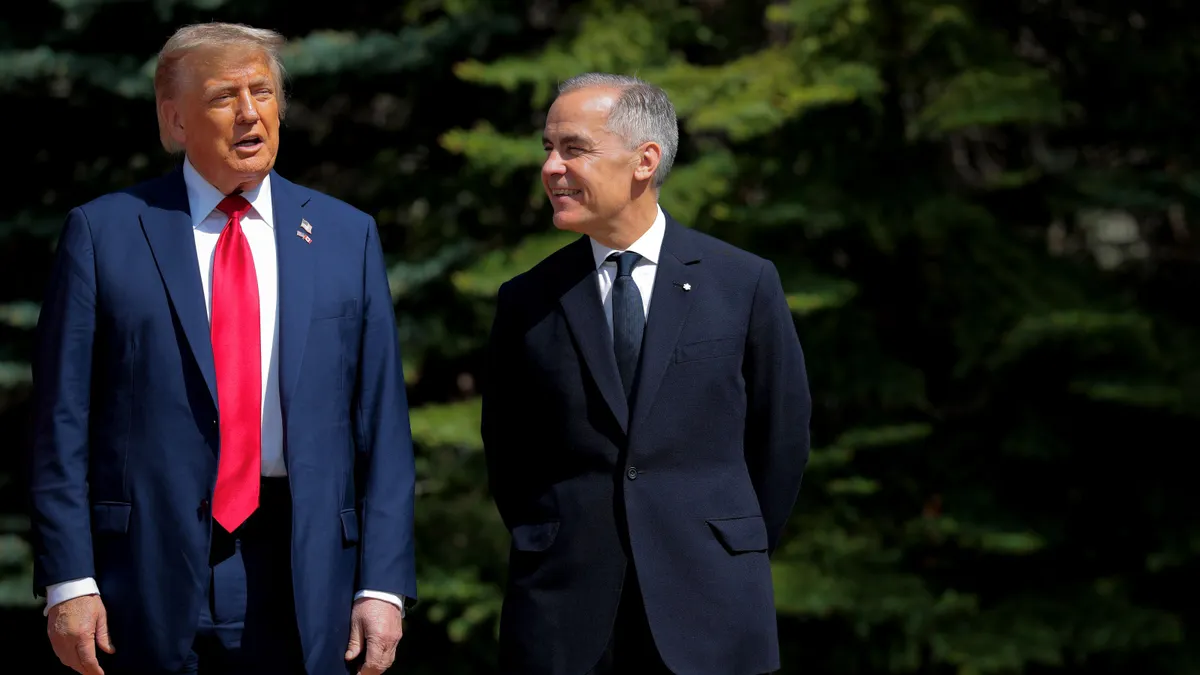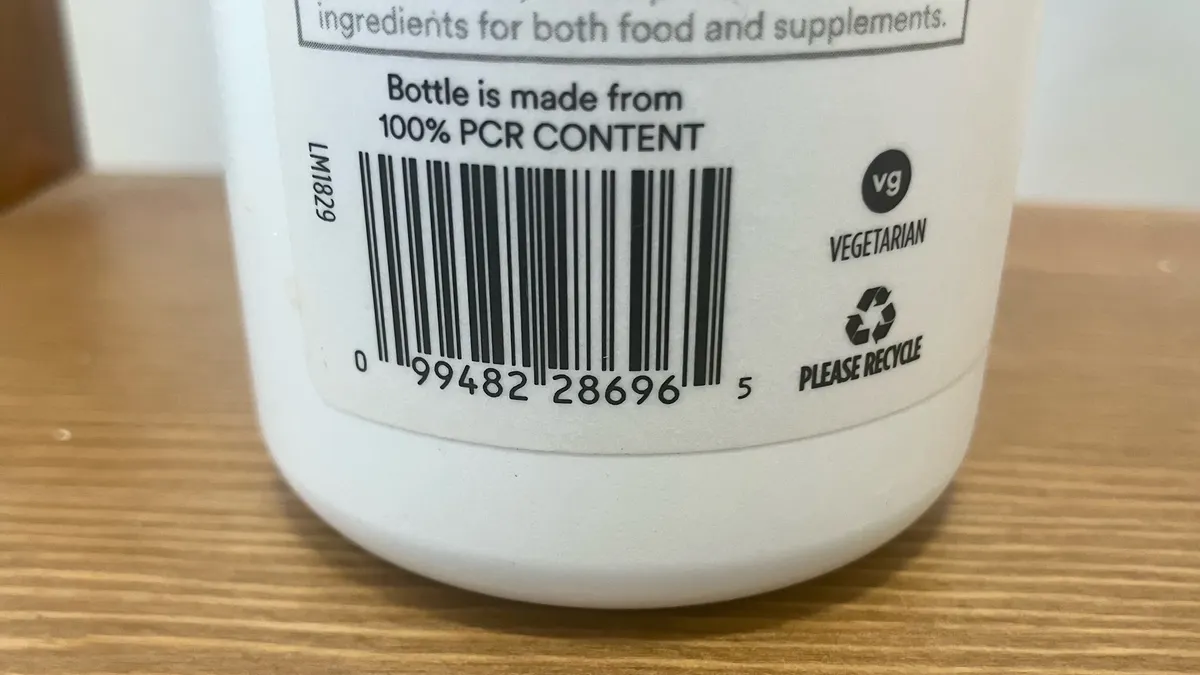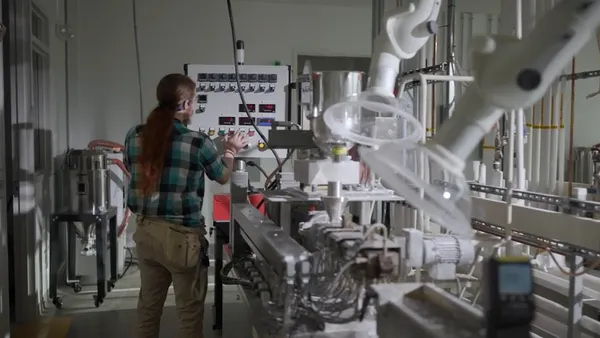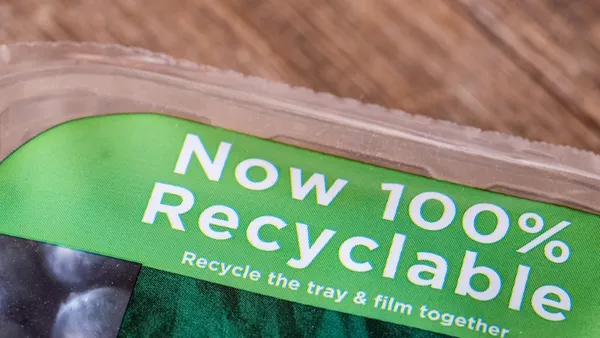Canada may soon raise tariffs on U.S. steel and aluminum imports if the two countries are unable to reach an agreement pertaining to the Trump administration’s trade policies in the next month.
The new tariffs from Canada are slated to begin July 21, a little less than two weeks after a 90-day pause on country-specific reciprocal tariffs from the U.S. is set to expire.
Canada would impose the tariffs “to levels consistent with progress that has been made in the broader trading arrangement with the United States,” per a July 19 press release. Furthermore, beginning July 30, Canada will limit its federal procurement of steel and aluminum to suppliers from within that country.
Canada is also taking other actions to shield its domestic steel industry from the ripple effects of global trade turbulence. The country will establish 100% tariff quotas of 2024 levels for steel imports from countries with which it does not have free trade agreements.
It is also planning to devise, in the coming weeks, additional tariff measures "to address risks associated with persistent global overcapacity and unfair trade in the steel and aluminum sectors, which are exacerbated by U.S. actions," per the release.
“While we continue to aim for an agreement with the United States, we are taking strong, targeted action to respond to the unjust American tariffs and to protect the integrity of our steel and aluminum sectors,” said François-Philippe Champagne, Canada Minister of Finance and National Revenue, in a statement.
The U.S. implemented a 25% tariff on steel and aluminum products in March but has since doubled the rate to 50%, effective June 4. The actions are part of a raft of heightened tariffs from the Trump administration, including a baseline 10% global reciprocal tariff that remains in effect during the current 90-day pause.
The White House instituted the reprieve to provide time to conduct trade negotiations with individual countries, including Canada. Thus far, the two countries have yet to reach a formal arrangement, although negotiations have been underway.
Canada Prime Minister Mark Carney said the two countries are working to cement a deal in the next 30 days after meeting with U.S. President Donald Trump at the G7 Summit in Alberta earlier this week.
During the summit, Trump also finalized some of the provisions of a trade agreement with the U.K. However, additional negotiations with other countries were cut short when Trump abruptly left the summit as hostilities between Israel and Iran intensified.
The U.S. has also reached a tariff truce with China, per White House officials, although the agreement has yet to be approved by Trump and China President Xi Jinping.















